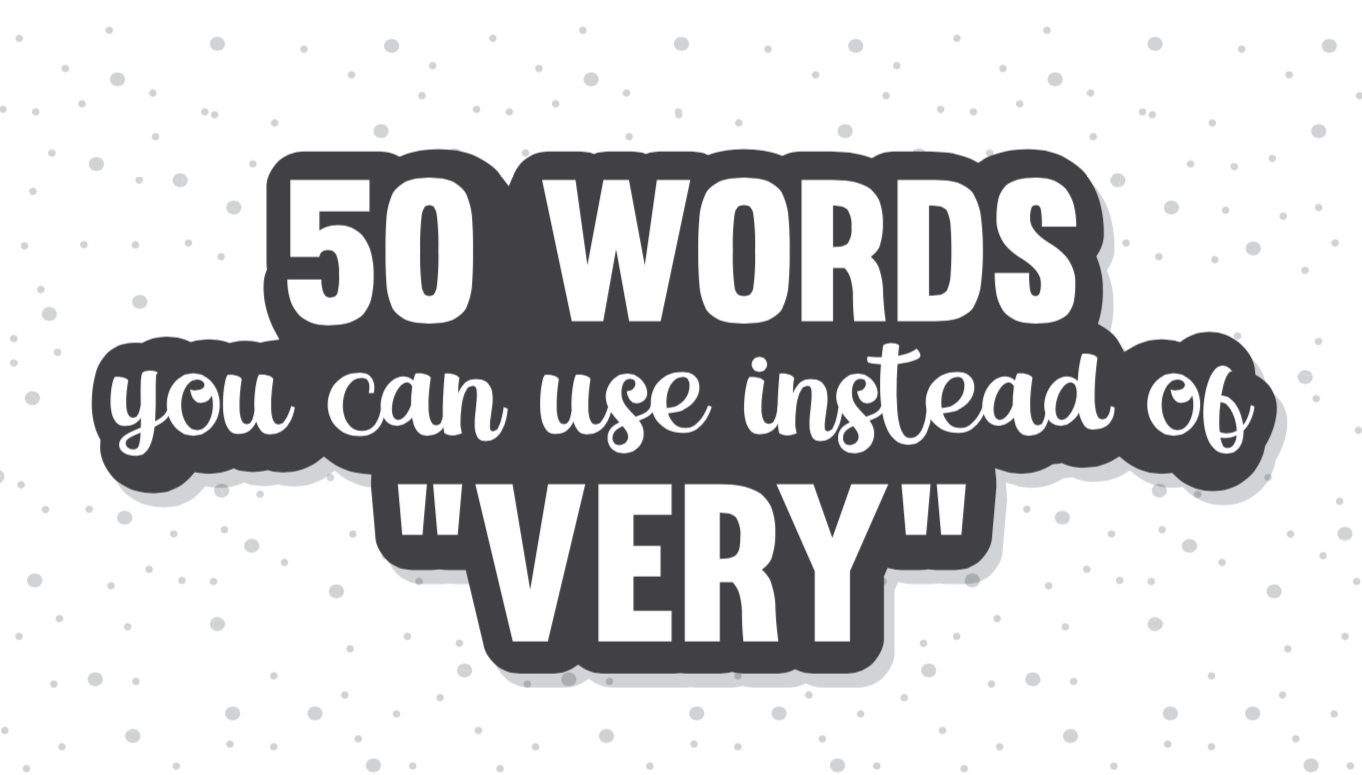While the primary role of a teacher is to guide learners to new information, teaching is often much more complex.
A teacher interacts with learners on a regular basis and for long hours naturally leading to an important developmental relationship where learners rely on more than just guidance with the subject being taught.
A teacher has several responsibilities and with this article, we will dive deeper into the 14 roles of a teacher.
1. Mentor
Teachers play the role of a mentor for learners, especially during formative years at school. Early learners and young students usually observe the behavior and approach of their teachers to mirror their own actions. The advice given by teachers is taken seriously and very often the students turn to their teachers for guidance and advice. Senior teachers can also play the role of a mentor to junior teachers, imparting practical wisdom from their years of experience.
2. Mediator
Teachers find themselves in the middle of situations where they play the role of a mediator, within classrooms and outside of it. Students might seek the assistance of the teacher to relay information to their parents and vice versa. Within the classrooms, teachers settle disputes between students and ensure conflicts between students are solved amicably and further escalation prevented. By being a mediator, a teacher is better placed to understand the issues faced by the student and suggest measures to overcome them.
3. Inspires
Teachers have a role to play when it comes to inspiring and motivating their students. The time spent in classrooms or learning environments is often intimate spaces where the teachers play an influential role. Students see their teachers as well-respected figures of authority and look up to them as sources of inspiration. A few words of encouragement go a long way in motivating the students and inspiring them to great extent.
4. Resourceful
Students value information from a teacher. As students expect the teacher to be equipped with enough information to answer the questions they possess, teachers are often considered to be resource specialists. A teacher should be able to guide the students in finding the information required and helping them learn ways to search for information.
5. A Continuous Learner
The teaching profession is evolving on a regular basis, with new technology being incorporated into teaching methods and information updated regularly. It is important for the teacher to be a good learner so as to keep up with the changes.
6. Collaborator
A teacher knows how to work well as part of a team. Collaborating with fellow teachers and other stakeholders is an important role played by a teacher in society. As well-respected figures, the opinions of teachers play an important role in inducing changes in the society. Working together with parents and the government in shaping learning policies, will benefit the students from having a richer learning experience. Teachers play an important role in developing the curriculum of schools throughout the country, thereby having a direct hand in shaping the future of society and the country.
7. The Participant
In creating a conducive learning environment, teachers play an important role. A good teacher will be able to captivate the minds of the students and create an environment that encourages learning. Teachers need to be proactive and get students to participate actively in conducting the lessons and not simply be spectators.
 8. A Role Model
8. A Role Model
Teachers are looked up to as role models by students. As students see teachers as figures of wisdom and kindness, they find it easy to model their personality and behavior based on the teachers they admire. Students respond positively to kindness and empathy and value teachers who exhibit such traits.
9. A Great Listener
Listening to what the students have to say is an important factor in developing student-teacher relationships. Teachers who are good listeners will be able to understand the needs of their students by listening to their concerns and responding accordingly.
10. Eloquent Speaker
Just as important as listening is speaking. A role played by the teacher is to communicate information with clarity. A teacher who is a good speaker can convey information accurately and efficiently. It’s the ability of the teacher to impart complex information and break it down into more manageable pieces of information. If you feel a fear of public speaking, have a look at our guide on how to overcome fear of public speaking and be confident.
11. Planner/Organizer
A teacher plays the role of a planner on a daily basis. From planning lessons and courses, and cross-curricular coordination, to help students schedule their daily student lives, a teacher always strives to be organized. As teaching requires a well-strategized approach, teachers can effortlessly play the role of a planner.
12. Creative Thinker
Teachers play an important role in encouraging students to be creative. Teachers should encourage the sharing of ideas and develop tasks to encourage creativity, as part of their lesson plans. Teachers too can get creative in their approach to delivering lessons and offer students a different learning experience. Creativity is the bedrock of most learning.
13. The Assessor
For a teacher to offer quality lessons for the students, it is helpful to understand the various factors that affect the students’ learning. A quality often observed in good teachers is the ability to assess the students. A teacher that is able to assess the student is better placed to cater to the needs of the student.
14. All-Round Educator
Assisting in the development of cognitive, social and emotional skills of a student is an important role of a teacher. These skills can complement the subject knowledge and the ability to create an engaging learning environment, thereby enhancing the learning experience of the student. The teacher is able to recognize the role they play in the overall development of the student and society, shaping up an individual that is an asset to society.
15. Researching and creating new teaching materials
As a teacher, it is important to keep up with the latest research in your field in order to be able to effectively teach your students. It is also important to be constantly developing new teaching materials to keep your students engaged & inspire in learning.
16. Executing new teaching methods
Teaching is not a one-size-fits-all endeavour. What works for one student might not work for another, and what works in one classroom might not work in another. That’s why it’s important for teachers to be constantly evaluating their methods and looking for ways to improve.
17. Delivering learners with one-to-one support
There are many benefits to providing learners with one-to-one support, including improved academic performance, increased motivation, and better social skills.
Conclusion
Teachers play many more roles than simply delivering lessons or handling a classroom. The best educators take up a multitude of roles, depending on the requirements of the students they teach. Teachers are superheroes of society and the roles listed above are just a few of the many roles they undertake.
Take your teaching skills to the next level with our Online TEFL Certification
Andrie Steliou
Latest posts by Andrie Steliou (see all)
- 8 Ways to Help Keep Your Child Focused and Engaged in Online Learning - October 19, 2022
- How to Improve Social Intelligence Skills? - May 10, 2022
- How to Improve Organizational Skills at Workplace? - May 6, 2022





